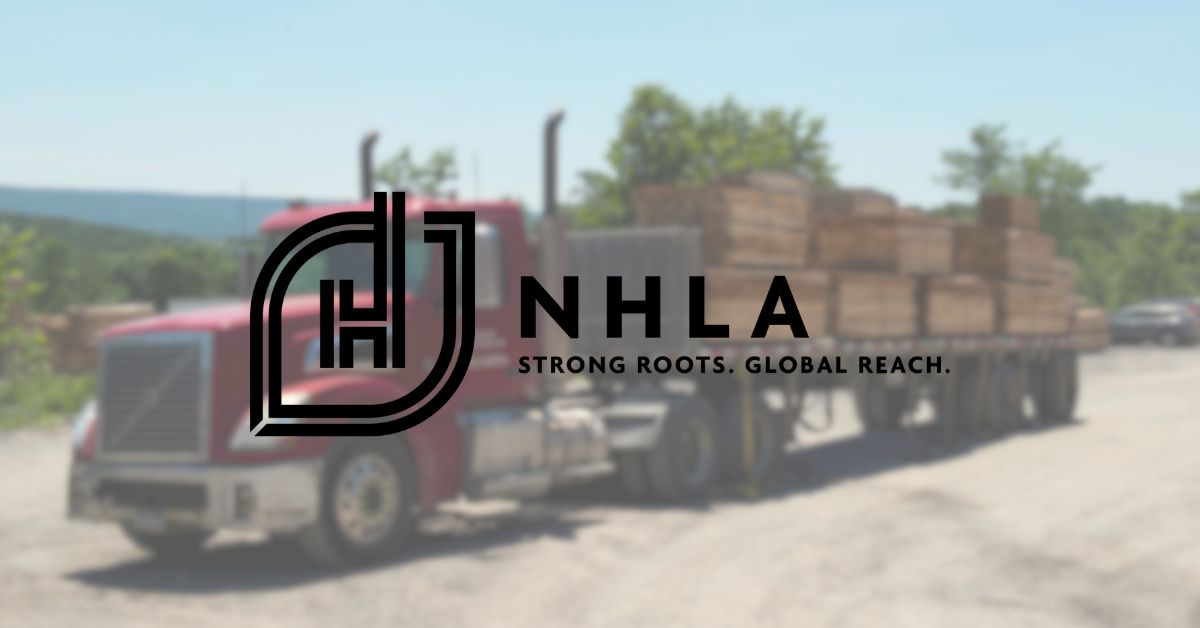Carbon Markets and Hardwoods – Key Players
The U.S. has witnessed an exponential increase in the number of private carbon market programs that pay the forestry sector to generate offsets that third parties, including some of the world’s largest companies, can purchase in the form of credits, allowing a private company to characterize itself as environmentally responsible. The credits are effectively financial instru-ments that monetize the capture and storage of atmospheric carbon to achieve Greenhouse Gas (GHG) reduction goals. There are two types of carbon markets: regulatory, which are structured around mandatory carbon reduction programs such as California’s Cap and Trade Program; and voluntary, whereby companies and landowners can buy and sell credits that may satisfy Environmental and Social Governance (ESG) objectives.
Although several states are weighing regulatory GHG emissions schemes, the increase in private carbon markets poses a more significant challenge to the hardwood sector because of their rapid proliferation. Another challenge confronting the industry focuses on the types of landowners targeted for participation in a private market. While most carbon markets have initially focused on large landowners as the source of their credits, many players have begun to target small landowners, posing more challenges for the industry, especially when structured in a manner that discourages timber harvest. Be on the lookout for the below key players, all of which claim to target small landowners:
Anew Climate LLC – A consortium led by Anew Climate announced in 2022 that it would buy 1.7 million acres of forest to maximize how much carbon is stored “in standing trees rather than how much wood is produced from cutting them down.” Significant purchases have been made, particularly in West Virginia, which has had some impacts on local hardwood interest. The announcement of this massive purchase placed the issue firmly on the industry’s radar screen.
American Forest Foundation – Much of the publicly available information about AFF’s program, a partnership with the Nature Conservancy, is “prospective” since the initiative is a work in progress. In 2023 meetings with the Federation, AFF acknowledges the importance of considering the amount of carbon stored in wood products as a key factor in providing accurate offsets. AFF is currently enrolling landowners in Maryland, Massachusetts, New York, Pennsylvania, Vermont, and West Virginia.
Forest Carbon Works (FCW) – Based in Minnesota and Vermont, the FCW Program directly targets small landowners using a smart-phone app to expedite timber inventories. FCW stands out by list-ing 15 specific project criteria necessary to enroll in their programs.
Natural Capital Exchange (NCX) – NCX reaches out to smaller landowners it claims are “locked out” of the carbon market by larger players. It works with vertically integrated wood products compa-nies as well as landowners of all sizes. Although NCX promotes de-lays in timber harvest, the company suffered a major setback in late 2022 when verification of its project methodology stalled, causing a 40% reduction in its workforce. In 2021, NCX entered contracts with more than 650 landowners, including properties in 45 states ranging from 40 acres to more than 500,000.
Finite Carbon – Based in Pennsylvania, Finite Carbon plans to launch a free digital platform to allow landowners with as little as 40 acres to receive payments for sustainable management. According to a market expert, the program “is struggling, but not yet out of the game.” The company’s footprint includes 2000+ acre-sized properties in Alabama, Alaska, Maine, Massachusetts, Michigan, New Hampshire, New York, Texas, and West Virginia.
Third-Party Verifiers – For a carbon market to get off the ground, it must receive a credential certifying that its methodologies mitigate carbon emissions. The fact that there are several verification groups creates more uncertainty. While third-party verification entities such as Verra certify many projects that capture small landowners, other third-party verifiers such as the American Carbon Registry and Cli-mate Action Reserve have established criteria of their own, creating a patchwork of project certification criteria.
Despite the proliferation of carbon markets in recent years, 2023 has witnessed a pullback from large corporate players, undermining momentum for these programs. A recent article in MIT Technology Review shows that many companies are expressing concerns with private carbon markets on the grounds that they provide more public relations than environmental benefits. In the current climate, few corporate players want to be characterized as “greenwashing” their business model.
By Dana Cole, Executive Director of the Hardwood Federation
Share:
Related News & Blog

June 1, 2025

June 1, 2025
Questions?
Have questions or need any assistance regarding the NHLA Annual Convention & Exhibit Showcase?
